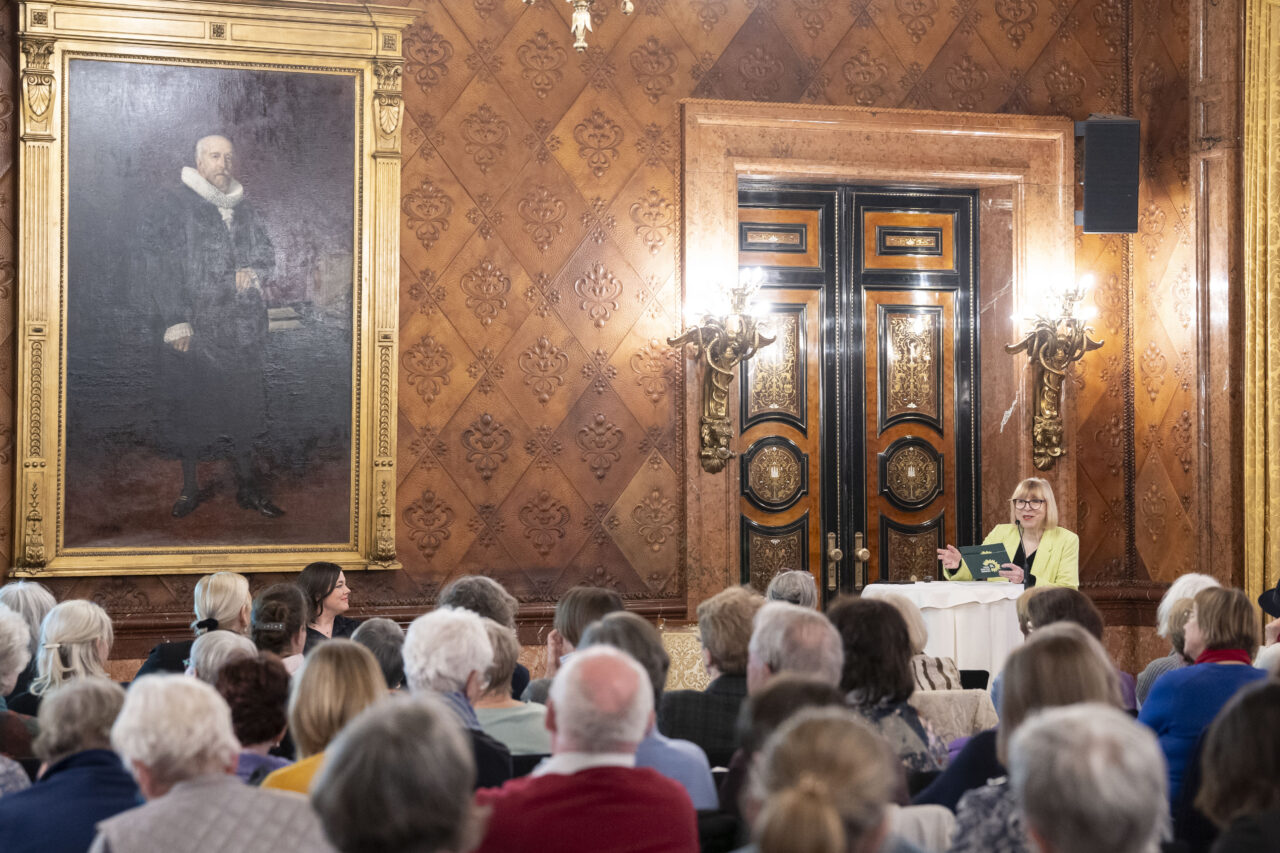EUROPEAN NETWORK
OF GREEN SENIORS
Karlstad 26 November 2017
Reino Lampinen
ENGS Fringe Meeting 25 November 2017 from 14.30 to 16.15
No Discrimination in the Job Market
Altogether 16 people attended the meeting, 10 visitors and 5 ENGS Board members (Vivianne Gunnarsson, Frank Hauser, Birgit Meinhardt, Kris Fierens and Reino Lampinen) and as guest: Stefan Nilsson, member of the national Parliament of Sweden and a member of the Parliaments social and health committee.
Seminar was opened by ENGS vice-chair Vivianne Gunnarsson. As an introduction she showed slides covering the main issuesincluding
Discrimination of elderly in the job market has not been really highlighted by the EU or EGP. Vivianne stated that in EU pillar of social rights only one of four main titles includes age. Also the EGP resolution adopted in Liverpool only touches the discrimination of elderly.
Stefan Nilsson, Sweden, MNP member of national parliament continued on a Swedish study on reasons for discrimination in the job market. Disability was found to be the main reason for discrimination while the high age is the second important. There are also differences in the interaction between age groups. He recommended that at least in Sweden word “årsrika” (“rich in years”) should be used instead of “elderly”. The age limit 55 as a reason for the unemployment of the elderly is gradually moving towards 45 years – ever younger have great difficulties to get a new job if unemployed.
The continuously rising share of pensioners of population and rising numbers of unemployed people both lead to problems in financing pensions. There are differences between countries. From audience: there are great differences even between regions inside a country – between rural areas and cities.
Nilsson also remarked that the Swedes get every day 3,5 h more living age – that means 1 h/week or 52 h/year, i.e. more than two days more living age every year!
In Sweden there is already flexibility in the pension system. The more you work and the more you earn the bigger pension you get. It is possible to get a pension at 61 or you can wait until 65, the general pension age, but you also have the right to work until 67. A new pension agreement will probably enter into force from 2018. The pension age will then be 66 years and in 2020 it will be raised to 67 years with the right to stay until 68 respective 69 with the same employer. Public employees, both governmental and community employees, must have reached 30 years of service for a full pension.
There is at the same time lack of jobs and lack of workforce. From the audience: maybe more demand of experienced folk.
Frank Hauser: when the age increases, then the years of unemployment lengthen for those who are unemployed. This is dramatic for those who know that at 50 years they’ll have next 15 to 25 years of poverty. One reason for unemployment for the elderly is the wage level: the elderly request 25-30 €/h when the young may be ready to work for 10 €/h.
From the audience (UK): solution would be minimum basic income. Old women are a huge resource for the society even if they are not paid. From Sweden: the pension for public sector workers is very close to the poverty line in the EU. (which is about 1400 Euro). Also in these cases the solution would be minimum pension. Discussion of basic income is more ore less dead in Sweden although many green party members still want to put it in place.
Information of trials on basic income:
From the audience: The pension age should be adjusted accordingto the heaviness of the work – heavy work, lower pension age. Today the work might be more stressing even when the work is not physically so heavy. So the heaviness here covers also stressing mental jobs. This stress might cover also nurses, teachers etc. There is also need for pension at very low age due to illnesses. As a conclusion: chronological age is not a good basis for pension.
There are big differences in the minimum pension age: even from 50 to 55 in some Mediterranean countries. Even bigger differences between continents if you think of e.g. Africa!
Older workers and their experience are also a threat on the employer: they might know better than their younger bosses. But a positive remark: wisdom and experience of the elderly might be asked for in the future!
Finally we had a lengthy discussion on voluntary work: is it always really voluntary? Grandmothers helping 3 or 10 grandchildren? Pensioners helping their parents?
Frank: Voluntary work makes poor! It means that a paid work will be replaced by “voluntary” unpaid or very poorly paid work. If an unemployed person works voluntarily, her/his pension won’t improve.
Some more reflections by the participants:



